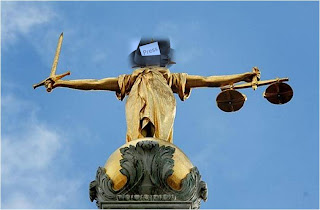Where have the spikes of yesteryear gone?

A man has a product that’s neither original nor distinctive which he’s trying to shift in a saturated marketplace. The TV company he works for invites him onto one of its magazine shows to plug the product. He sits down with the programme’s editor and together they cook up something topically and typically “controversial” for him to say. He goes on air and says it. You are a journalist. Question: is this “controversy” a genuine story? Your answer is? No? Of course not. How could it be? According to The Times, Charles Dickens once wrote this in defence of journalists and journalism: “I would venture to remind you how much we, the public, owe to the reporters for their skill in the two great sciences of condensation and rejection.” Would you agree that the journalist should not just be a scientist of rejection, but has an absolute duty to reject the fake, the phoney, and the cynical manipulation of the channels of publicity for commercial or political ends? Shouldn’t every journalist (e...
















